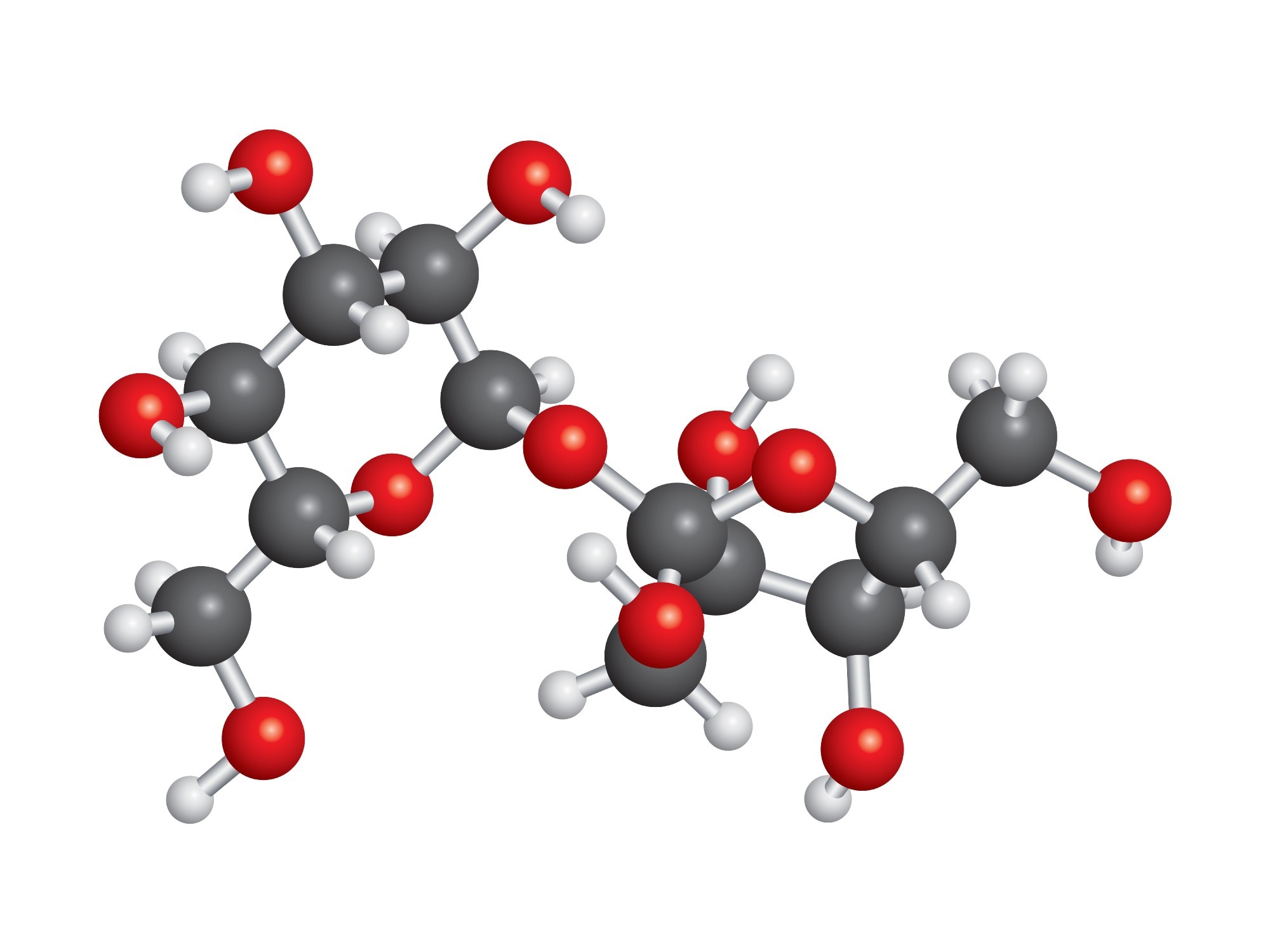Sustainable Polymers: Eco-Friendly Solutions for the Future
Sustainable Polymers: Eco-Friendly Solutions for the Future
Blog Article
Exploring the Varied Applications and Advantages of Polymers in Different Industries
Polymers, with their varied series of residential or commercial properties and performances, have actually ended up being crucial in numerous industries, each enjoying one-of-a-kind gain from their application. Polymers. From boosting safety and performance in the automotive field to transforming clinical tools in the medical care sector, polymers play a crucial function. Their green nature is changing the landscape of sustainability practices. As we explore the midsts of polymers in electronic devices, we reveal sophisticated advancements, while their structural honesty transforms the world of construction and framework. The prevalent impact of polymers throughout markets is a testimony to their flexibility and flexibility, shaping the future of plenty of markets.
Automotive Market Applications
Polymers play a crucial role in enhancing the efficiency and durability of different elements within the vehicle field. One prominent use of polymers in the automobile sector is in the manufacturing of light-weight components.

Medical Care Industry Benefits
In different health care applications, the benefits of utilizing polymers are commonly identified for their diverse series of advantageous homes. Polymers play a critical duty in the medical care sector as a result of their versatility, biocompatibility, and cost-effectiveness. Among the key benefits of polymers in medical care is their capacity to be customized to details needs, such as adaptability, longevity, and biodegradability, making them ideal for a variety of clinical applications.
Polymer-based products are thoroughly utilized in medical devices, such as catheters, implants, prosthetics, and drug delivery systems, due to their biocompatibility and ability to mimic all-natural cells. These materials can decrease the risk of sensitive responses or beings rejected, improving patient safety and end results. Furthermore, polymers are lightweight, making them suitable for wearable clinical gadgets and guaranteeing patient convenience.
Additionally, polymers enable the growth of innovative therapy approaches, such as hydrogels for tissue design and nanocomposites for targeted medication delivery. Their convenience of processing and sanitation makes them important for keeping high standards of hygiene in medical care settings. On the whole, the diverse benefits of polymers contribute considerably to developments in medical modern technology and client care.
Environmental Advantages of Polymers

Additionally, polymers can add to power savings because link of their light-weight nature. In industries such as transportation, lightweight polymer materials can help in reducing gas usage and greenhouse gas exhausts. In addition, polymers can make it possible for the development of energy-efficient items such as insulation products that read the full info here boost energy preservation in structures.
Moreover, polymers play a vital duty in reducing water pollution. The usage of polymer-based purification systems can properly get rid of toxins and impurities from wastewater, safeguarding water resources and environments. Generally, the ecological advantages of polymers make them valuable assets in promoting sustainability and eco-friendly techniques throughout various industries.
Polymers in Electronic Devices and Modern Technology
Taking into consideration the boosting demand for innovative and sustainable remedies in contemporary industries, the integration of innovative polymer innovations in the realm of electronics and modern technology has arised as an essential technique for driving efficiency and efficiency. Polymers have changed the electronic devices industry by allowing the production of lighter, extra adaptable, and long lasting digital tools. From smartphones to medical gadgets, polymers play a vital role in enhancing item design and performance.
One significant advantage of polymers in electronic devices is their protecting homes, which aid safeguard fragile electronic elements from ecological elements and electric disturbance. Furthermore, polymers are crucial in the advancement of adaptable displays, wearable innovation, and published electronics, providing countless possibilities for producing clever and interconnected devices.
Additionally, using polymers in digital product packaging has caused advancements in miniaturization and thermal administration, boosting the overall performance and dependability of digital systems. As modern technology continues to develop, the convenience and adaptability of polymers will most certainly drive further advancement in the electronic devices industry, shaping the future of innovation.
Function of Polymers in Building And Construction and Framework
Polymers supply various helpful resources benefits in the construction industry due to their adaptability, sturdiness, and cost-effectiveness. One key function of polymers in building is their usage in finishes and sealants, providing defense against environmental factors such as wetness, UV radiation, and rust.
Furthermore, polymers play an essential function in sustainable construction techniques by allowing the development of energy-efficient structures. Shielding products made from polymers help manage indoor temperature levels, minimizing the need for home heating and cooling systems and inevitably lowering energy consumption. Furthermore, making use of polymer-based compounds in facilities jobs such as bridges and roads boosts their longevity and minimizes maintenance expenses. Generally, the unification of polymers in building and framework showcases their considerable influence on modern engineering methods.
Conclusion
Finally, polymers play a critical role in various markets such as auto, healthcare, environmental, electronic devices, and construction. Their versatile buildings make them beneficial in developing cutting-edge remedies and items. From boosting gas efficiency in cars to enhancing medical devices, polymers offer numerous advantages. Additionally, their influence on decreasing waste and advertising sustainability highlights their value in modern-day applications. The prevalent usage of polymers shows their significant contribution to advancing innovation and enhancing high quality of life.
Report this page